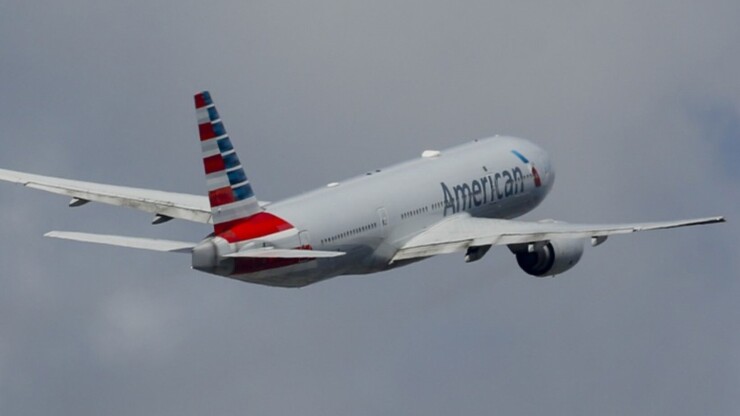Miami International Airport leads the nation's airports in recovering passenger traffic lost during the COVD-19 pandemic, according to a report.
"We looked at the total passenger recovery levels for 10 of the largest muni market borrowers in the U.S. airport sector and found half have surpassed 2019 levels while the other half remains below pre-pandemic levels," according to a report from BofA Global Research.

"Leading the pack is MIA with total passengers for the year to date at 113% of 2019 levels, boosted by domestic travel," according to the report, released Friday.
The Miami-Dade Aviation Department, a county enterprise fund, operates MIA. It is the fastest-growing U.S. airport, serving more than 30 million passengers since 2019, according to Airports Council International-North America.
In March,
Fitch said MIA surpassed its pre-pandemic traffic high by nearly 10% in fiscal 2022 and the upgrade reflected MIA's "outperformance in enplanement recovery, demonstrating the airport's superior franchise strength."
The rating also reflects MIA's strong position in the south Florida market for both domestic and international air service, Fitch said.
Last year, Kroll Bond Rating Agency upgraded the long-term rating on the aviation revenue bonds to AA-minus from A-plus and assigned a stable outlook.
KBRA's action followed upgrades by S&P Global Ratings and Moody's Investors Service when they raised their ratings on MIA's bonds to A from A-minus and to A1 from A2, respectively.
The county has issued about $6.1 billion of bonds for MIA since 2012, with the most occurring in 2014 when it sold $1.1 billion. It didn't come to market in 2013 and hasn't sold bonds since 2020, when it issued $593 million.
The J.D. Power 2023 North America Airport Satisfaction Study ranked MIA as the best mega-airport in Florida and the fourth best among the busiest airports in the U.S. and Canada for traveler satisfaction.
Additionally, MIA was found to have the shortest average wait time getting through security for any airport in the state and had the sixth shortest average wait time in the nation, according to J.D. Power.
Overall, the BofA report said, air travel in the United States hit a post-pandemic high in October with travelers coming in at 104.7% of 2019 levels. October recorded 75.5 million travelers compared to 72.1 million in October 2019.
Year-over-year travel was up 11.0% to 68.0 million from October 2022. For the year to date, passenger levels were up 1.1% compared to the same period in 2019 and 13.6% from last year.
Fitch said in a recent report that federal-level tracking sources are indicating national passenger levels are at or slightly above those seen in 2019.
According to the Transportation Security Administration, September daily screening data showed traffic averaging close to 3% higher than the same period in 2019, Fitch said.
Year-to-date through June showed passenger levels at 98.6% of the same period in 2019, according to the Bureau of Transportation Statistics.
However, business travel remains an area of weakness, according to Fitch, remaining at about 80% of 2019 levels. This is only expected to see mild improvement in the near term, the rating agency said.
"Flexible work arrangements have been a disruptor to the demand profile for travelers as the traditional segregation of business and leisure travel has intertwined to some extent, and technology deployment has created practical alternatives to in-person meetings," Fitch said.
BofA also looked at 10-year yield-to-worst (YTW) spreads for U.S. airports bonds and how they compared with BVAL indexes.
"We found that San Francisco International Airport (SFO) is currently trading cheap on a short-term basis at 26 basis points compared to a three-month average of 12 bps," the report said.
Among the other airports, "LAX, Dallas/Fort Worth International Airport (DFW) and MIA are currently rich on a short-term basis, while LAX and MIA are trading rich on an intermediate basis," the BofA report said. "Outside of those, the other spreads are currently trading neutral."





